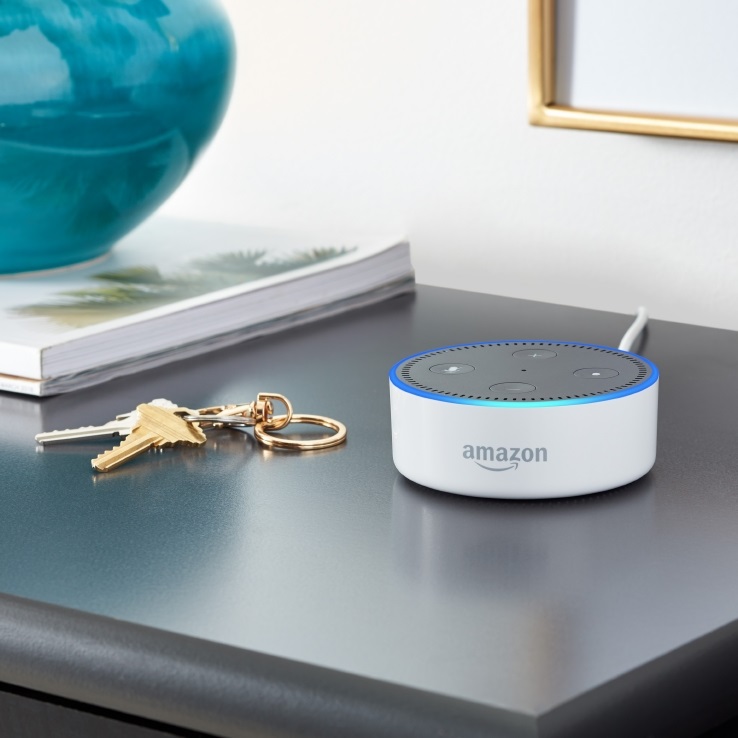Shoppers welcome voice assistants, survey finds

Voice shopping has arrived in Australia. Recent weeks have seen the likes of Ebay and Officeworks partner with Google Home to allow customers to search for products and make purchases using just their voice.
And Amazon has announced that its own voice assistant technology, Alexa, and smart speaker range, Echo, will be available in Australia early next year.
With both major players now entering the Australian market, voice technology is expected to take off in the coming year. And a new survey conducted by Salmat reveals consumers are on board with the trend.
Despite just one per cent of Australians currently owning a smart speaker, almost half of shoppers (47 per cent) are already aware of at least one in-home voice assistant device, and almost half (46 per cent) are willing or excited to use an in-home voice assistant to interact with and shop from retailers.
In addition, 57 per cent said they would consider either buying an in-home voice assistant presently or in the future.
According to Salmat’s senior voice experience designer, Peter Nann, voice assistant technology will only continue to grow in popularity in Australia, alongside consumers’ demand for convenience.
“Such a high level of awareness of these voice assistant devices, so soon after hitting our shores, is impressive. Already, we’re seeing that Australian consumers are willing to interact and shop with these products, with only a small fraction (4 per cent) not interested,” Nann said.
“This is a strong signal to the market that there is a business opportunity for developing voice-based services, especially in the retail area, but also in other sectors such as finance and services.”
Nann said there is an opportunity for local businesses to develop new voice-based customer experiences, services and initiatives, and create innovative marketing campaigns.
A good deal of deals
When asked how they would use in-home voice assistants to research and buy products, 60 per cent of respondents said they would use it to search for the best price, far ahead of searching for local products and services (26 per cent), or a specific brand (8 per cent).
In addition, they are expecting in-home voice assistants to primarily help them find the best bargains, discounts or sales (48 per cent), ahead of researching products and services (45 per cent), and helping with admin tasks (45 per cent).
Finally, another 59 per cent say that alerts to sales, discounts and promotions would be a helpful feature for in-home voice assistants.
“We’re seeing that consumers are willing to use in-home voice assistants for shopping, and if businesses want to tap into this potential, it seems like they just have to first make it possible, and then offer customers deals, deals and even more deals to clinch the transaction,” Nann said.
Some industries are likely to benefit from voice technology more quickly than others. When asked which products they would consider buying via in-home voice assistants, groceries (37 per cent), clothing and accessories (33 per cent) and health and beauty (32 per cent) made the top three.
Products consumers would buy via voice assistants per category
- Groceries: 37 per cent
- Clothing and accessories: 33 per cent
- Health and beauty: 32 per cent
- Toys and games: 31 per cent
- Electronics: 30 per cent
- Computers and software: 26 per cent
- Home improvement and garden: 23 per cent
- Homewares and furniture: 21 per cent
- Office: 18 per cent
- Sport and outdoor: 16 per cent
- Medical: 15 per cent
- Automotive: 6 per cent
Comment Manually
You must be logged in to post a comment.

No comments